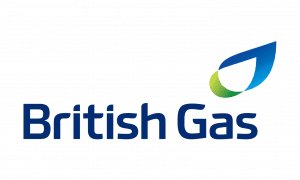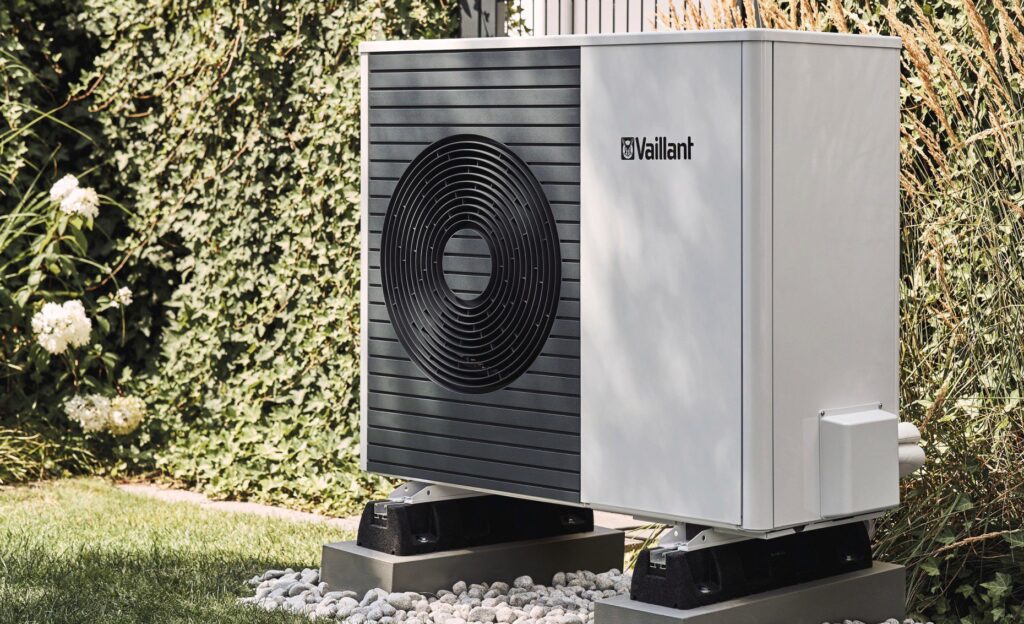Course overview
This course is updated to reflect the changes in the Boiler Plus scheme, in force from 6th April 2018.
The cost of the course includes training, assessment and the certification fee.
Modules breakdown
The key learning topics we cover on the course will include:
- Know the regulatory requirements and sources of guidance for energy efficiency standards for gas-fired and oil-fired heating appliances connected to ‘wet’ heating circuits
- Know the requirement of minimum boiler efficiency standards for gas-fired and oil-fired heating appliances connected to ‘wet’ heating circuits
- Be able to determine if a non-condensing boiler installation would be acceptable
- Know the requirement relating to space heating primary circuits type and design for gas-fired and oil-fired ‘wet’ heating systems
- Know the compliance standards requirement for hot water storage vessels
- Know the requirements relating to the preparation and water treatment of hot water systems and wet central heating systems
- Know the requirements relating to the commissioning of hot water systems and wet central heating systems
- Know the requirements of the minimum standards for the control of gas-fired and oil-fired wet central heating systems
- Know the requirements of the minimum standards for the control of insulation of pipework for gas-fired and oil-fired wet central heating and hot water storage systems
- Know the requirements relating to stand-alone, glandless heating system circulators





